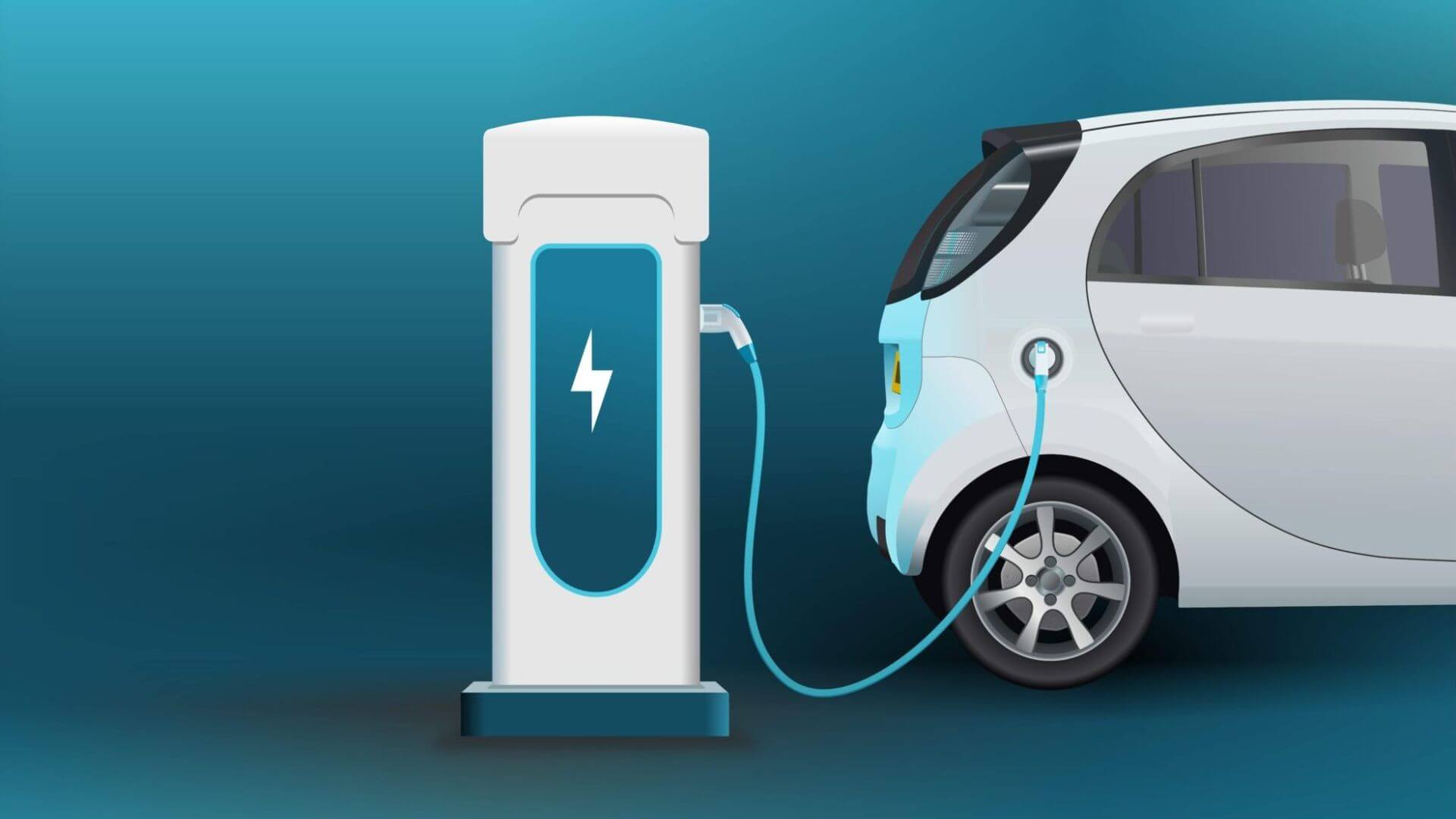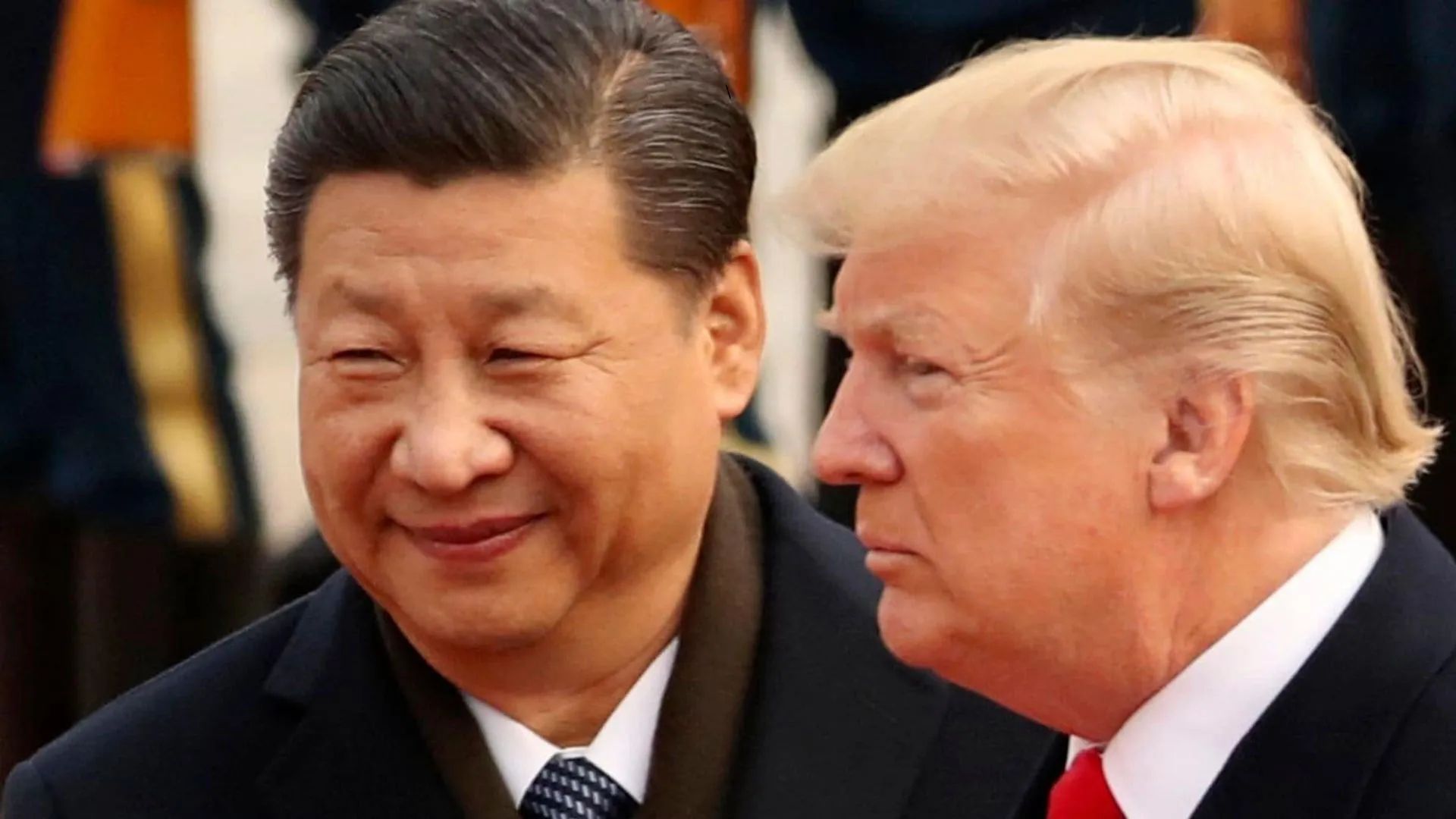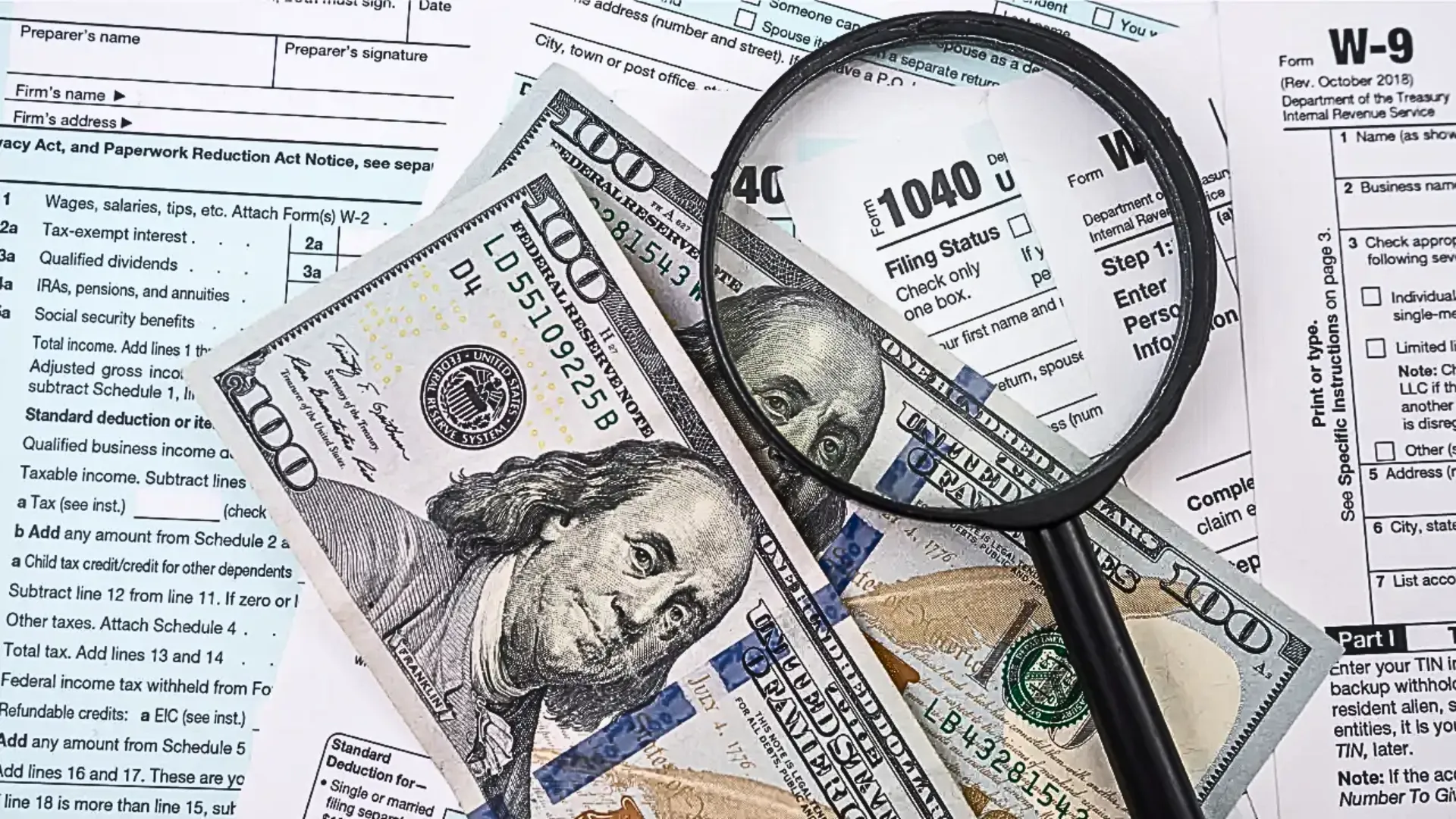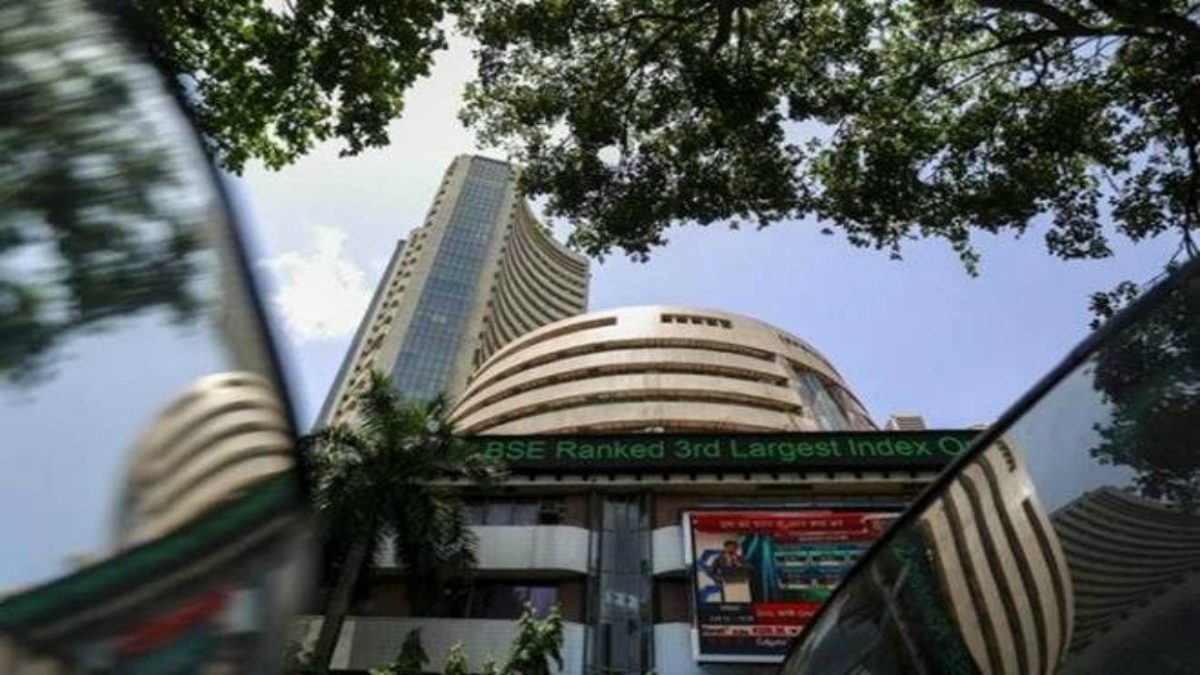In 2023, there was a 10 per cent year-on-year increase in India’s passenger vehicle sales, while electric vehicles (EV) sales almost doubled, representing 2 per cent of the total passenger vehicle sales.
The significant rise in EV sales can be credited to various factors, including government incentive programs such as PLIs, the expansion of infrastructure like additional EV charging stations, growing interest among urban consumers, and governmental initiatives aimed at achieving green targets.
With reports of Tesla’s impending entry into the Indian market and CEO Elon Musk’s visit to India this month, experts predict significant growth in the Indian EV market in the coming years. Presently, Tata Motors dominates over two-thirds of the country’s EV market share, while emerging players like Mahindra & Mahindra and BYD are also making their mark in India.
Mahindra & Mahindra recorded a remarkable 2476 percent increase with just one model in its portfolio, making it the fastest-growing brand in 2023. It was followed by Build Your Dreams (BYD) and MG Motor in terms of growth rate.
Mahindra’s remarkable growth is attributed to the launch of the all-electric SUV XUV400 in 2023. Meanwhile, BYD, with just two models in its India lineup—the e6 MPV and Atto 3 SUV—achieved a growth of over 1500 percent in 2023.
The recent launch of the Seal model by BYD will further bolster its presence and competitiveness in the Indian EV market.
According to a recent research report by Counterpoint Research, India’s EV sales are anticipated to surge by 66 percent in 2024. Moreover, the market share of EVs in the passenger vehicle segment is projected to double from 2 per cent in 2023 to 4 per cent. The report further suggests that by 2030, EVs are expected to comprise nearly one third of India’s total passenger vehicle sales.
Maruti Suzuki is also set to join the EV market with the introduction of the eVX in 2025. The eVX will be an SUV featuring a 60 kWh battery pack and a range of up to 550 km. This vehicle will be designed and developed by Suzuki Motor Corporation Japan and manufactured at Maruti Suzuki’s plant in India.
The entry of Tesla and Maruti Suzuki into the Indian market is anticipated to disrupt the dominance of Tata and Mahindra in the domestic market. Additionally, Vietnam’s automotive major, VinFast, has announced plans to establish a factory in Tamil Nadu, India, with an investment of Rs 4000 crore.
These developments are not only set to intensify competition but also reshape India’s automotive sector towards more sustainable and eco-friendly technologies. Government policy incentives have enticed various players such as Reliance New Energy, Ola, and ACC Energy Storage to initiate EV battery manufacturing operations in India.
Exide recently forged partnerships with leading auto manufacturers Kia and Hyundai to provide EV batteries for their vehicles. This move underscores the significance of domestic EV battery manufacturing, which is poised to reduce the cost of electric vehicles and stimulate sales.
The government’s PLI scheme for Advanced Chemistry Cells (ACC) and the recent policy revision, which includes a reduction in import duties on EVs to below 15 percent, are considered significant game changers. These measures have not only attracted Tesla but also signal that India is poised to embrace investments and cultivate a new ecosystem for EVs and their component suppliers. These proactive government initiatives unmistakably demonstrate that India is earnestly striving to establish itself as a key player in the global EV market.
According to S&P Global research, EVs are projected to consume three times less energy than their ICE counterparts by 2050. Experts suggest that the upcoming years will be pivotal for India’s energy sector, with the increased adoption of EVs playing a crucial role in unlocking end-use efficiency in the country’s road transport system.























